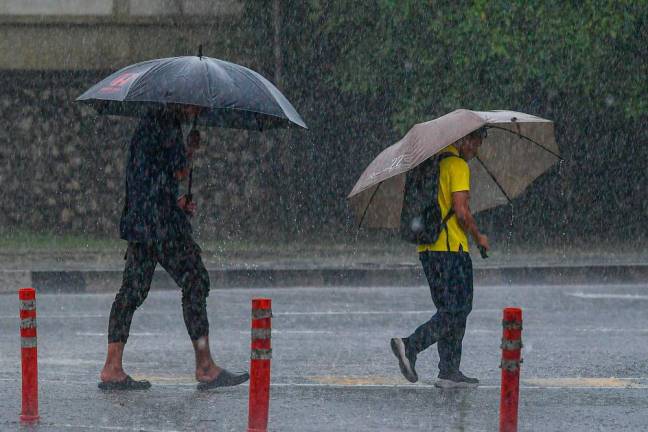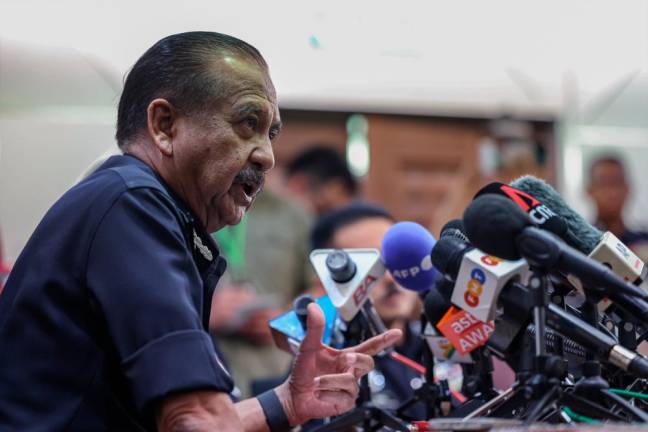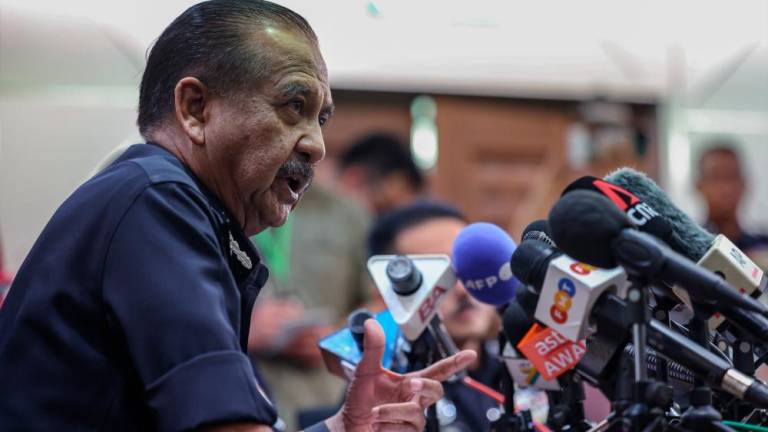When a crisis is health-related, jobs will be impacted. The Federation of Malaysian Manufacturers (FMM) declared that 17% of respondents in an industry survey had lessened their headcount by between 10% and 30% since the pandemic began. FMM also stated that another 25% of respondents are expected to cut up to a third of their staff by year-end.
More than 5,000 people have been retrenched in Penang since March this year. The movement restrictions throughout Malaysia forced employers to cull jobs and freeze hiring, placing many individuals in a financially vulnerable position. This raises the question of whether the pandemic will nudge individuals to take up life insurance.
Despite the importance of owning life insurance as a necessary protection plan, Life Insurance Association of Malaysia reported that out of 16 million working adults, 7.8 million are uninsured. The number of Covid-19 cases has increased over the past few months, and the low life insurance penetration rate in Malaysia is putting an additional burden on the government in providing healthcare assistance.
Dr Sharon Koh Geok May (right), Associate Professor Grace Lee Hooi Yean and Dr Juliana Angeline French from Monash University’s School of Business, conducted a randomised experiment to investigate individuals’ willingness to purchase insurance, by providing information meant to serve as a nudge to influence insurance take-up among the working population in Malaysia.
Their empirical work is based on the Nudge theory by behavioural economist Richard Thaler. According to the Nudge theory, small suggestions or positive reinforcements can influence individuals to act in a specific manner. This means that individuals may be led to make ideal choices based on nudges, which mimics reality.
In line with Monash University Malaysia’s focus on eight research priority areas, Koh has led projects within the Policy and Industrial Transformation in Asia area.
Koh shared: “Some of the projects I have led include local community engagement with the Mah Meri indigenous group in Pulau Indah. Together with Dr Thaatchaayini Kananatu, we edited the first volume of Vulnerable Groups in Malaysia, recently published by De Gruyter.
The book explores different vulnerability dimensions, mirroring the spectrum of vulnerable groups defined by the United Nations Sustainable Development Goals (SDG) Report.”
Koh’s current work extends the knowledge of financial vulnerability due to an unexpected loss of income: “We investigate whether a pandemic such as Covid-19 can alter financial decision-making.”
The Covid-19 pandemic impacts the labour market as many small-medium industries (SMEs) have closed, causing massive economic hardship for workers.
Furthermore, there is a health risk for jobs that do not allow work-from-home and huge risk exposure to frontline and service workers.
Buying life insurance is a long-term commitment, and many working-age adults consider it a significant financial decision in Malaysia.
The decision of whether to purchase life insurance is dependent on formal and informal sources of information.
Informal sources include the influence of family, friends, and online forums. Individuals may also rely on formal sources of information such as media reporting.
Additionally, many life insurance policies have offered additional Covid-19 coverage at no extra cost. With sufficient and accurate information on life insurance, the team investigated whether individuals can be nudged to make a sound financial decision.
The expected utility theory states that risk-averse individuals will purchase insurance if the premiums are equal to expected losses.
However, studies have shown that individuals can make irrational decisions as they do not realise the need to be protected from an indefinite event.
In this study, the team analysed decision-making under risk and uncertainty.
Covid-19 represents an unprecedented situation that has impacted millions worldwide. The pandemic evoked anxiety as there is no sign of flattening the curve.
“Since the pandemic signifies a once-in-a-lifetime event that may demonstrate novel findings on decision-making under risk and uncertainty, we investigate whether increasing information from social groups (such as family, friends, and forums) or Covid-19 awareness will nudge individuals to make better decisions.
Findings contribute to new knowledge on financial decision-making among the working-age population,” Koh said.
The study focuses on the demand side of the market, and the findings contribute to the current understanding of the insurance market in Malaysia. It was conducted from September to November 2020, shortly after the recovery movement control order (RMCO) in Malaysia. The team recruited 440 individuals aged 19 to 39 years old who are in the working-age population.
Koh shared: “Eighty-seven per cent of respondents expressed the intention to purchase insurance, given pertinent information on the premium, coverage, and death benefit. Common reasons for not obtaining insurance include ‘not a high priority, too expensive and too young and healthy.’
“Our study recognises gender differences when it comes to financial protection through insurance purchases. Women are more likely to be nudged to purchase insurance if family members and close friends purchase insurance, highlighting the importance of social groups in financial decision-making.
“Prior studies found that family members and close friends remain as crucial influencers in purchasing decisions. Additionally, respondents who are not financial decision-makers are more likely to be influenced by family members to purchase insurance.
“Finally, individuals prone to take risks are more likely to be influenced by friends.”













